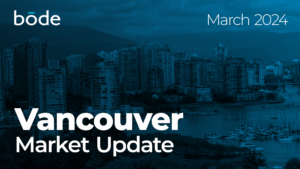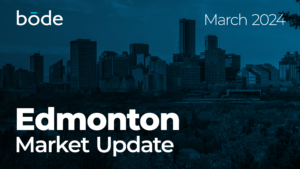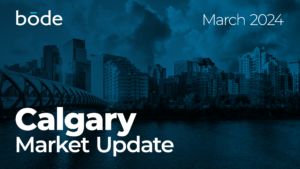At Bōde we want to ensure our home buyers and sellers are equipped with all the information and tools to confidently and successfully transact. We want to make sure you feel supported along your entire journey. For that, we have forged partnerships with vetted Prōs to provide value at every step of the home transaction experience.
Top 3 factors you should consider when getting a mortgage
Written by Blink
What happens if you need to get rid of your mortgage before your term is up? To recuperate lost interest earnings, the mortgage lender, will penalize you.
When would I ever break my mortgage term? There are many cases in which you may need to break your mortgage term and face the breakage penalty. Here are a few examples:
This is a common type of penalty used. This is the only penalty that can be used if your mortgage is a variable or adjustable rate mortgage. The calculation is quite simple.
Example:
Your remaining mortgage balance is $300,000 and your interest rate is 3%. If you break your term, you will pay a penalty of $2,250 by the 3 month interest calculation.
$300,000 x 3% = $9,000 / year
$9,000 / 12 months = $750 / month
IRD (Interest Rate Differential)
This type of calculation is very complex. The result of the calculation depends heavily on market factors of which you or I have no control over. When it comes to outrageous and dangerous mortgage penalties, the IRD calculation is usually the culprit.
I will not give details on exactly how this is calculated – that will have to be saved for another blog post. But, for example, like in the above scenario if your mortgage balance was $300,000 and you had 2 years left in your term, the IRD calculation (depending on current market conditions) – could go as high as $12,000! Ouch!
Flat Fee
Some mortgage products simply state that your penalty will be a certain percentage of your remaining balance at the time that you break your mortgage. For example, 2.75%. So with a $300,000 remaining mortgage balance, your penalty would be $8,250. Yikes!
Open (No Penalty)
2) Flexibility
If you take a variable rate, the lender will likely give you options to convert into a fixed rate at any time during the term of your mortgage. This could be helpful if interest rates continue to rise. BUT, be careful, some lenders are not as generous as others. When you decide to lock into a fixed rate, if you do, the lender will decide what the interest rate will be! Make sure you speak with a mortgage professional at Blink to make sure you are choosing a fair and generous lender.
3) The Interest Rate
Last, the interest rate should be something you consider! The interest rate is what is used to calculate your payment amount. A higher interest rate, means a higher payment. It means that throughout the term of your mortgage, more of your payments will be used for interest, and less will be used to pay down your balance.





